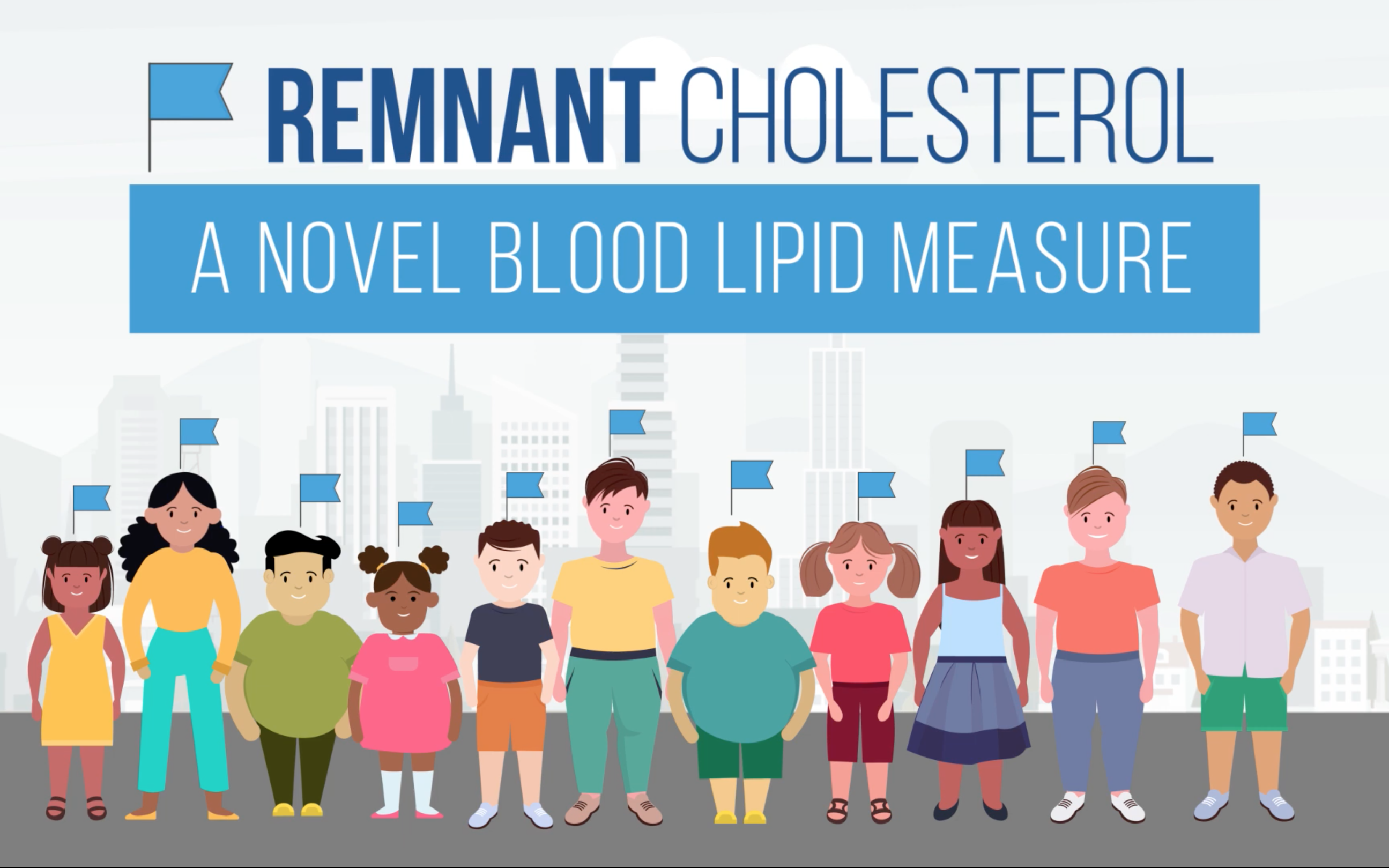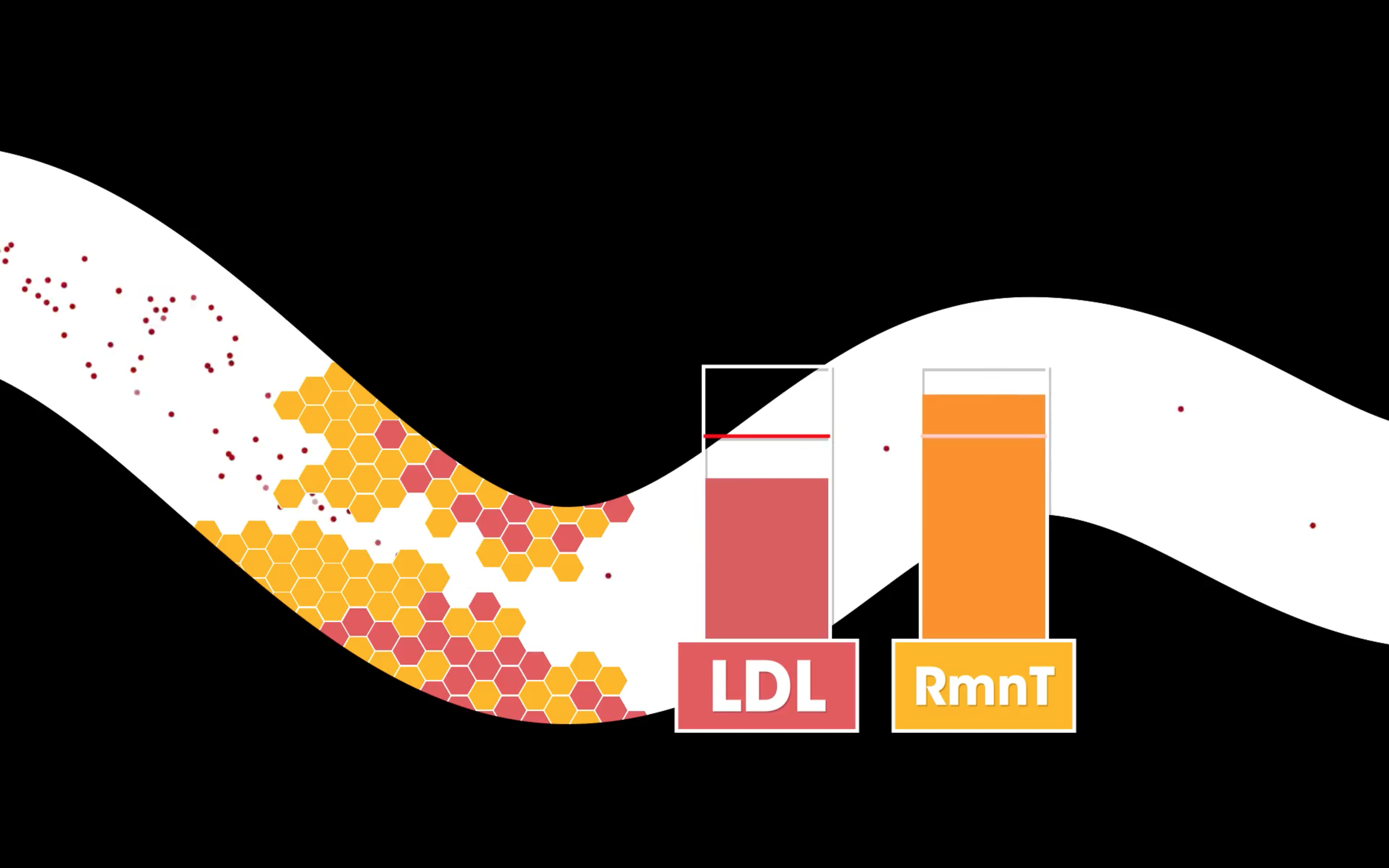OUR STUDIES
Youth Fish Oil for Heart Health Study

Contact Us
If you are interested in learning more about our Fish Oil for Heart Health Study, or if you would like to Sign Up Now!
Call:
(780) 248-1909
Email:
cldlipid@ualberta.ca
Follow Us on Instagram:
fish_oil_study







